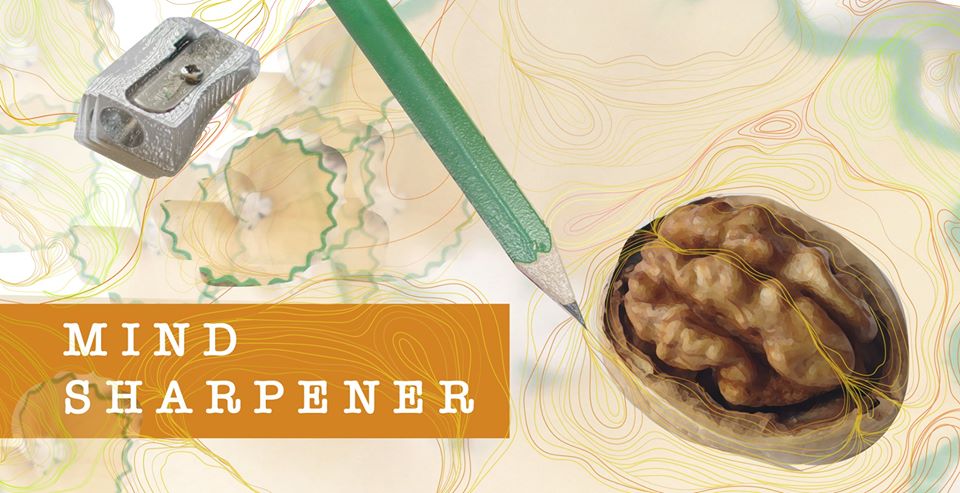“Mind Sharpener” – a series of lively, thought-provoking talks and debates varying from academic research to reflections stemming from professional practice. Topics range from the origins of language to mathematical models, from authority in education to digital storytelling and much more (see Mind Sharpener page for the full list of past events). Really, anything that is inspiring, stimulating and informative, with speakers combining competence and passion. The idea is to bring the fruits of professional or self-taught knowledge, speculative research and practice-based introspection to a wide and diversified audience: you!
You will not just be listeners but active participants who raise questions, proposing solutions, engaging in the tasks and quizzes provided by the speakers. It should be a rewarding experience for everyone. So far it has been!
The event will be held online in English.
///
How creative we really are when using our language?
by Laura Vilkaitė-Lozdienė
Traditionally language was seen as consisting of a limited set of grammatical rules and a large number of words. Presumably, each time we want to communicate something, we would choose the words, combine them together following the rules and so we would creatively construct a message. In such a way, linguistic ability would allow us to produce an unlimited number of sentences that no one has ever heard before and still be understood.
However, when linguists moved away from researching what speakers could do with their language to researching what speakers actually do when using a language, they came to the conclusion that this is not an accurate picture of how language works. It seems that teasing grammar and vocabulary apart is much more complicated than it would initially seem. It also appears that we are using a lot of pre-constructed, ready-made sequences longer than one word to build our messages. This use of pre-constructed language is not some sort of detrimental choice of clichés or an indication of deteriorating ability of using the language creatively. On the contrary, this is an effective and expected way to communicate messages and to have the best chances of being understood.
I will briefly present what kind of pre-constructed language sequences we know, how many of them we use in our language and how their usage affects our understanding. The event is targeted to non-linguists, but I hope people interested in linguistics would also find some food for thought!
—
Laura Vilkaitė-Lozdienė is currently a postdoctoral researcher at Vilnius University. Her research interests include second language acquisition and psycholinguistics. She is particularly interested in how people acquire and use new words. The research presented in the talk has received funding from European Social Fund (project No 09.3.3-LMT-K-712-02-0056) under grant agreement with the Research Council of Lithuania (LMTLT).
http://web.vu.lt/flf/l.vilkaite-lozdiene/en/about-me/LVL




